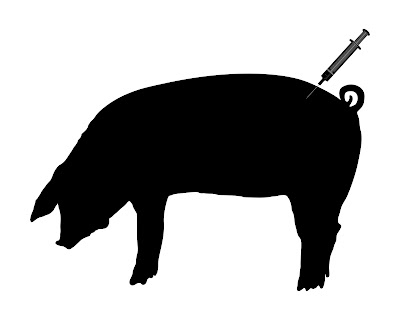Taxes on Meat Could Join Carbon, Sugar and Tobacco to Help Curb Emissions

EcoWatch Driven by a global consensus around meat's negative contributions to climate change and global health epidemics such as obesity, cancer & antibiotic resistance, a new British report concludes that a meat tax should be considered "inevitable" for any government serious about addressing the climate crisis & other health concerns that stem from livestock production. Story here. Dairy cows. USDA photo. Related: "In Hogs We Trust." Part #1 How the Manitoba government’s return to a deregulated hog industry could actually aggravate a world health crisis. "In Hogs We Trust." Part #2 The Price We Pay For Corporate Hog$



